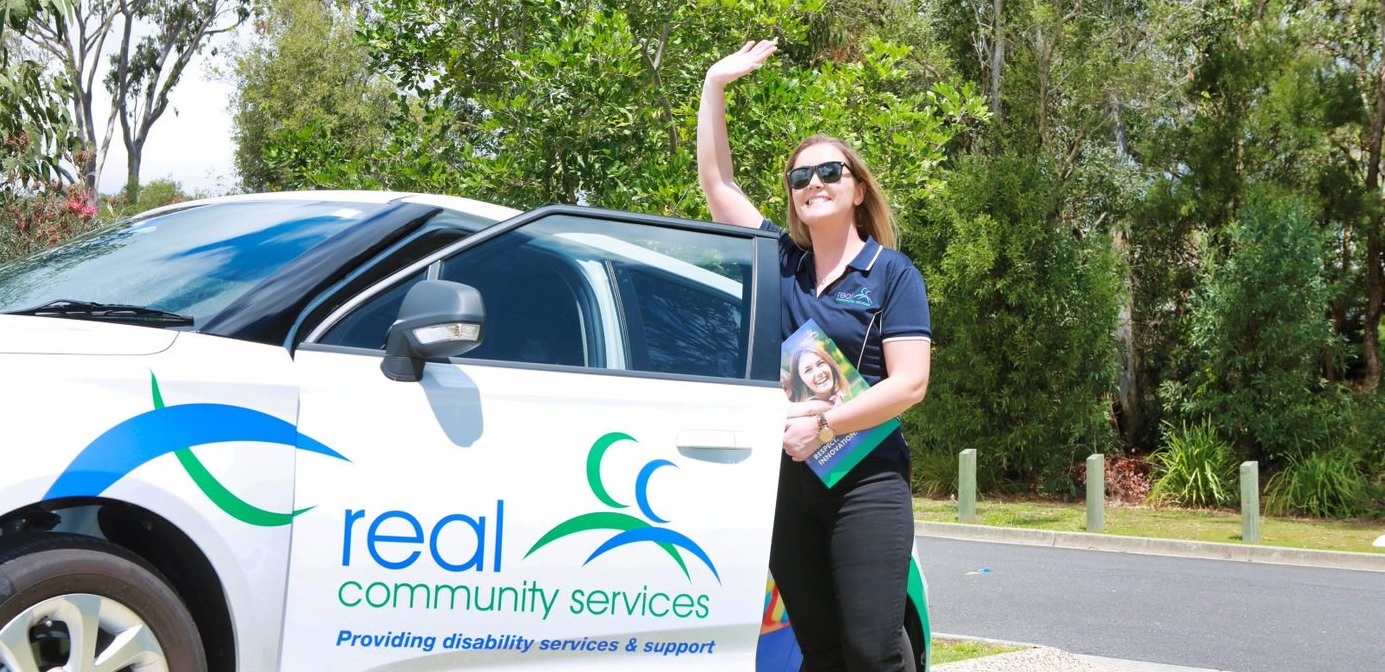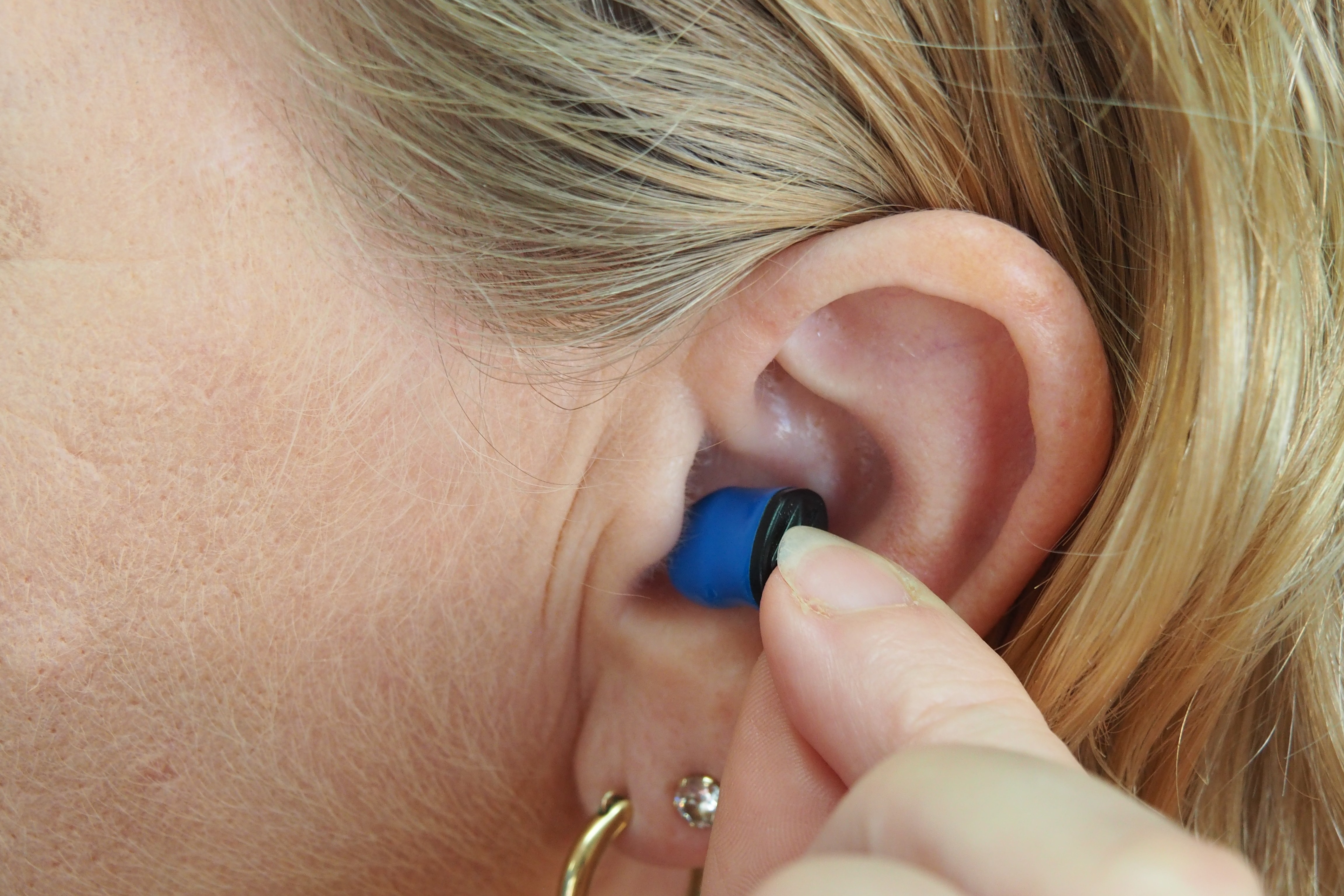Attention Deficit Hyperactivity Disorder (ADHD) is a neurodevelopmental condition, one of a group of disorders that affect the development of the nervous system. It can impact how a person pays attention, controls impulses and behaves. Does a diagnosis of ADHD qualify you for the NDIS? The short answer is no. The NDIS have introduced an early childhood approach on how they support children younger than 9 and their families. Let’s discuss when you might be eligible for the NDIS if you have ADHD and the types of supports that may be available.
The early childhood approach helps children younger than 6 with developmental delay or children younger than 9 with disability and their families to access the right support when they need it (children younger than 6 do not need a diagnosis to get support through the early childhood approach where there are concerns about their development).
ADHD and NDIS
On its own, ADHD is not usually covered by the NDIS. That’s because it can be hard for someone with ADHD to meet the NDIS eligibility criteria for a severe and permanent disability. If you have ADHD and are likely to recover or are being successfully treated with medications, then you are unlikely to be eligible for the NDIS.
Where ADHD occurs alongside another condition, such as an intellectual disability, autism, learning disability or global development delay, you may be more likely to obtain NDIS funding.
NDIS Funding for ADHD
If you have concerns about your child’s development, talking to a professional who knows your child best is a good place to start. This could be your child’s doctor, early childhood educator or child health nurse. After talking with your child’s health or education professional, you may be required to book to see an early childhood partner who can help you connect to the right supports. If your child is younger than 6, you do not need a diagnosis from your doctor to access support through our early childhood approach. Learn more about how to get help for your child.
These early childhood partners are professionals with experience working with children younger than 6 with developmental delay and younger than 9 with disability and their families. They focus on delivering family-centred supports using a best practice model. If you have ADHD and meet the NDIS access requirements, you may receive funding for a range of supports in your NDIS budgets. These supports will be tailored to your individual needs.
See more about how your child can get help through the early childhood approach.
Support for Diverse Needs
NDIS funding may extend its support to children with various neurodevelopmental conditions, including Autism. Many children may present with overlapping symptoms or comorbid conditions, making a comprehensive evaluation even more important. The NDIS recognises the diverse needs of these children and provides tailored support.
NDIS Eligibility and Planning
To access NDIS support, families must meet eligibility criteria and go through a planning process. Once approved, families receive a customised support package to address their child’s specific needs. This package may include funding for therapies, educational support, and other services to help children overcome the challenges associated with ADHD and related conditions.
Early diagnosis and intervention are crucial for children with developmental conditions like ADHD. The NDIS’s commitment to early childhood support is reflected in its dedication to funding the diagnosis and providing tailored assistance. To explore the possibility of NDIS coverage for your child, you can visit the NDIS Early Childhood Approach page for more information and resources or contact us direct and we will be able to help advise necessary steps.

















